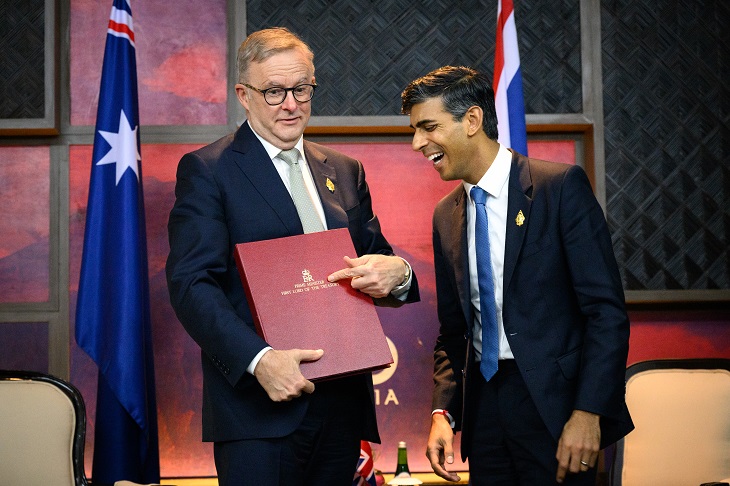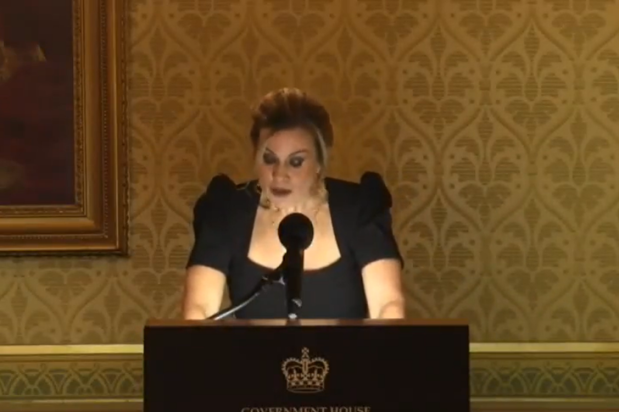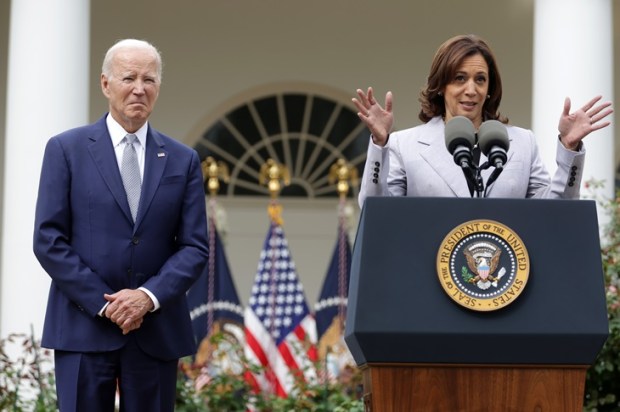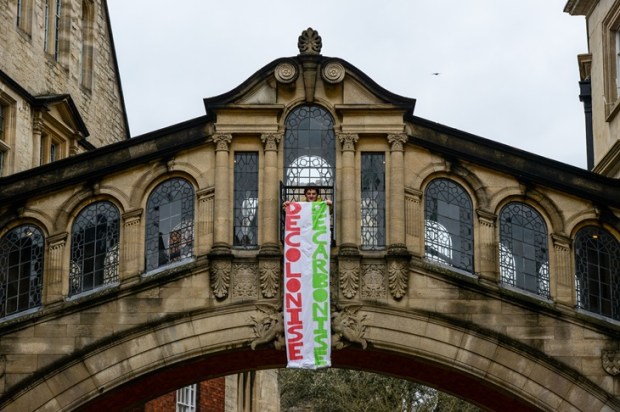Following the conclusion of the G20 summit held in Bali last week, a joint declaration was issued which, among other things, promotes a global standard on proof of vaccination for international travel and calls for the establishment of ‘global digital health networks’ that build on existing digital Covid vaccine passport technology.
Already a subscriber? Log in
Subscribe for just $2 a week
Try a month of The Spectator Australia absolutely free and without commitment. Not only that but – if you choose to continue – you’ll pay just $2 a week for your first year.
- Unlimited access to spectator.com.au and app
- The weekly edition on the Spectator Australia app
- Spectator podcasts and newsletters
- Full access to spectator.co.uk
Or


























Comments
Don't miss out
Join the conversation with other Spectator Australia readers. Subscribe to leave a comment.
SUBSCRIBEAlready a subscriber? Log in